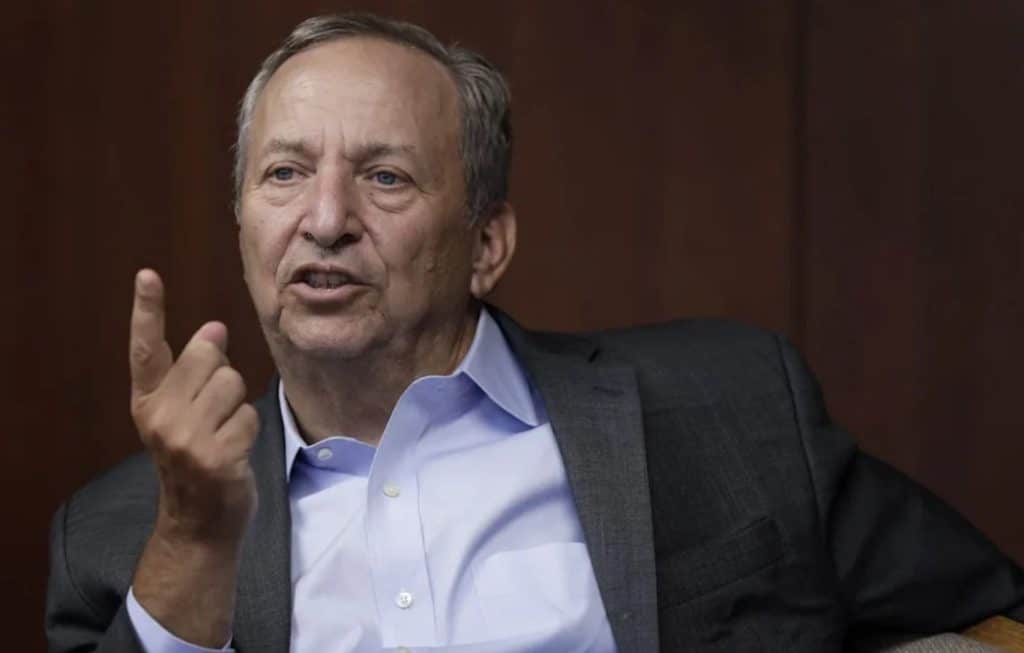
Former U.S. Treasury Secretary Lawrence Summers warned of the risk of a “spontaneous deflating of financial markets” that have been pumped up by retail buying and exuberant investors.
There is “a lot of euphoria,” Summers said at an American Council for Capital Formation webinar on Tuesday — pointing, among other things, to cryptocurrencies, so-called meme stocks and technology shares. “Super-excited retail is usually a sign of trouble to come,” he added.
Summers, who is a paid contributor to Bloomberg and a Harvard University professor, also saw potential signs of trouble in the actions of more seasoned investors.
Read more: GameStop, AMC Drag Meme Group to 7-Month Low as Risk Appeal Ebbs
“There are many who are chasing yield by taking on extra risk,” he said. “Highly sophisticated endowments and pensions funds are behaving in that way. In so far as that is happening, it points to something that may or may not be sustainable.”
Stock prices slid Tuesday as investors awaited Wednesday’s results of the Federal Reserve’s final policy-making meeting of the year. Central bank officials are expected to double the pace of tapering the Fed’s bond-buying — to $30 billion a month, wrapping up in March — while forecasting two interest-rate hikes next year, according to economists surveyed by Bloomberg News.
Tough Landing
Summers, who has been warning of the dangers of elevated inflation for months, said it would be very hard for the Fed to rein in excessive price gains without also damaging the economy.
“The Fed will have a very difficult time organizing a soft landing,” he said, noting the long and variable lags between monetary-policy actions and their impact on the economy. “All the efforts at disinflation that we have had historically, where it was clearly established that inflation was too high and the Fed acted, have ended in recession.”
He called on the the Fed to immediately stop buying mortgage-backed securities and wind up its purchases of Treasury debt “probably by the end of February.”
“I would be establishing a presumption that the Fed will do whatever is necessary to bring inflation under control, and that quite possibly that could involve four rate increases during the next year and more after that,” he said.